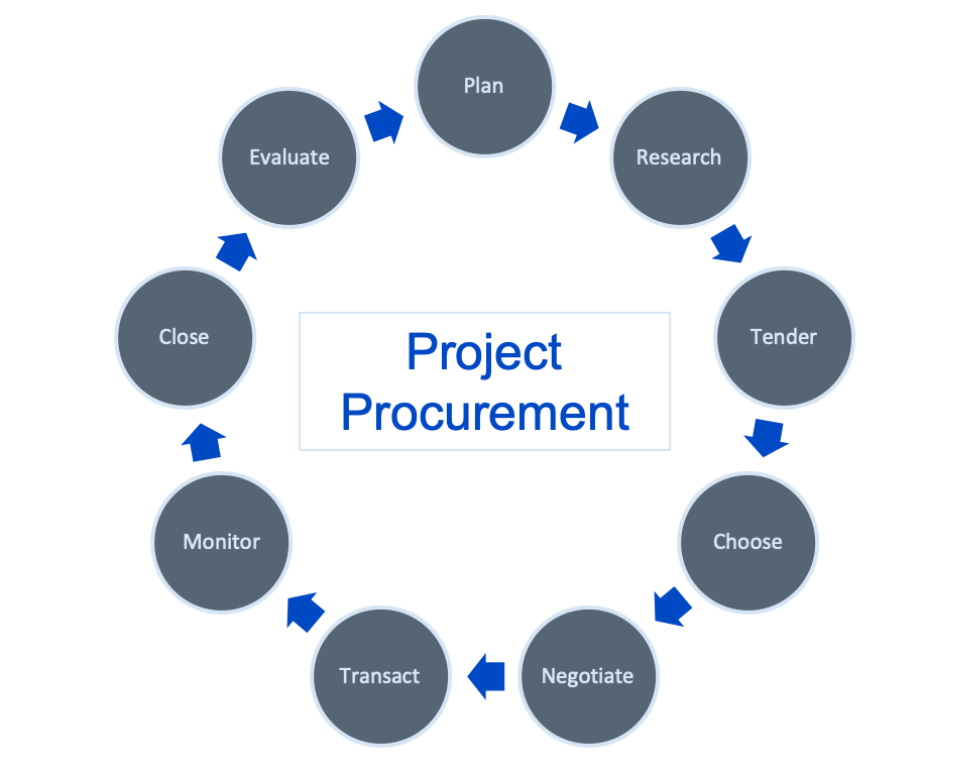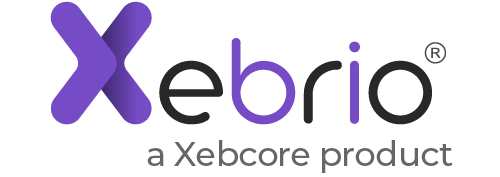Project Management Guide
Project Management Guide
What Is Project Management?
What Is a Project?
Why Is Project Management Important?
Project Life Cycle Phases
- Project Initiation
- Project Planning
- Project Execution
- Project Monitoring
- Project Closure
Project Management Methodologies
- Waterfall Project Management
- Critical Path Method
- Critical Chain Project Management
- Agile Project Management
- Scrum Project Management
- Kanban Project Management
- Lean Project Management
- Six Sigma Project Management
- PRINCE2
- PRiSM
- PMBOK Method
Project Management FAQ
What is project procurement management?
A project manager wears many hats. Amongst the many tasks that they have to juggle, project procurement and acquisitions are one of them. To carry out this responsibility effectively, the project managers will have to carry out planning a project procurement and managing it to perfection. Here, we will look at what is project procurement management and how one can go about it.
What is Project Procurement Management?
According to the Project Management Institute’s PMBOK Guide (6e), “Project Procurement Management includes the processes necessary to purchase or acquire products, services, or results needed from outside the project team.”
In essence, project procurement management refers to reaching and executing decisions on how you obtain resources to complete a project. You need to decide whether you plan to purchase, rent, or contract these goods, supplies, or services from external suppliers. It also involves maintaining cordial relationships with the vendors to maintain supply chain continuity.

Eventually, project procurement management is about following due process to ensure that the project procurement process is a success.
Advantages of Project Procurement Management
Project procurement management can benefit a project in the following ways:
- It identifies the essential goods and services that have to be necessarily procured for the successful completion of a project.
- It helps populate a Purchase Order list and the corresponding list of vendors.
- It outlines a delivery timeframe and methodology.
- It helps with the review and procurement of goods and services from vendors.
- It validates supplier contract milestones and approves the settlement of dues.
- It serves as a reference for reviewing vendor performance against terms mentioned in the contract.
- It supports the identification and resolution of vendor performance issues.
- It doubles as a communication channel that apprises the upper management on the project status.
Project Procurement Management Process
The project procurement management process follows a logical order that starts with identifying the resource that needs to be procured. Thereafter, you decide on how to carry out the procurement, followed by controlling the activity and closing it. We will take a closer look at all these stages individually:
Planning a Project Procurement
As with any activity, you need to create a project procurement plan right in the initial stages. It often takes place while writing a project plan.
At this stage, you are responsible for creating the official procurement management plan, which will outline the process to be followed while procuring resources internally and externally. Naturally, the decision to outsource can have major cost implications, which will affect the overall budget and financial scope of the project. Hence, the project manager will have to justify the cost by weighing them against the purported benefits.
Accordingly, project managers will have to prepare documentation that will contain the answer to questions like:
- What are the goods and services necessary for successful project completion? What are the required specifications?
- What can you obtain in-house, and what needs outsourcing? (Make-or-Buy analysis)
- What are the contract requirements to make external purchases?
- Can the supplier adhere to the delivery dates?
- Are you looking for fixed-price contracts (with price adjustment or incentive fee) or cost-reimbursable?
- What are the key milestones involved?
- What are the legal terms and conditions attached to the procurement?
- How will you search and select the suppliers for the resources to be procured?
- Will you release a tender, or request for quote (RFQ), or request for proposal (RFP)?
- Do you have a preferred vendor? Why do you wish to work with them?
- What would be the criteria for awarding the contract to the supplier?
- If all contract requirements are the same, what would be the determining factor that helps make the decision?
- What would be the standards to assess the bidders?
- In case of change in the contract, who will monitor these changes? And what would be the course of action?
Having such a written document in place standardizes and solidifies the procurement management plan. Once you have laid down the groundwork, it is time to conduct the procurement.
Carrying Out Procurement
During the second stage of procurement, the project managers collect vendor responses and sorts through them to identify a suitable supplier. The solicitation of bids is followed by qualifying the bidders and evaluating the proposals. Finally, once the team members are satisfied that they have selected a bidder who offers the best value for the project, it is time to award the contract.
While drafting the procurement contract, you need to offer clarity on the following aspects:
- What would be the communication plan throughout the procurement process?
- What kind of relationship would you harbor with the external party? Would they be a supplier, partner, or vendor?
- Are the goods and services to be procured regular commodity, customized items, or unique skills or relations?
- How will you share the scope of the project, project timeline, and other such project details?
- Would the supplier or vendor need to share procurement status reports with the team members?
- What are the expected risks and the subsequent risk management practices that will come to play? Which party will assume the different types of risks?
- How crucial is it to ensure the procurement cost in advance? Would any project sponsors be involved?
The above points are merely prerequisites for setting the contract. At a later stage, you will also be responsible for managing the contracts and measuring the supplier performance.
Administering or Controlling Procurement
Procurement can be quite a drain on resources if you or your team members are unable to manage them throughout the project. Hence, procurement administration and control are two central activities that will revolve around periodic check-ins, quality assessment, monitoring demand, and ensuring that the terms of the contract are met. It also involves the creation of status reports, real-time reporting, and adherence to project timelines.
Closing Procurement
Closing is the final stage of project procurement that is marked with the end of the contract.
Naturally, the closing process should correspond with a clearly defined milestone that has been agreed upon and accepted by both parties. This end goal marks the point where the work is finished, and the job is done. It can also act as an opportunity to review the project lifecycle and objectives. Project managers will have to note down the shortfalls and project weaknesses so that they can be avoided in the future. To do so, they will carry out documentation of the audits, performance reviews, progress status, contract disputes, and other such paperwork. Ideally, the project manager will have to upload these onto a centralized record management system that can organize and maintain these documents for future reference.
Role of Project Manager in Project Procurement Management
As one can see from above, a project manager is heavily involved in the project procurement process, right from planning a project procurement to administering and documenting it. However, they lack the same level of authority as they enjoy in other aspects of the project. For starters, they cannot make agreements or sign contracts with the suppliers on behalf of the company. In most situations, you would have a dedicated project procurement team handling these processes.
That being said, procurement planning and controlling are two major departments that the project managers control irrespective of the size or nature of the organization. Hence, it is safe to say that they are involved in the core areas of the process, and their inputs can make a world of difference in influencing the final decision.
